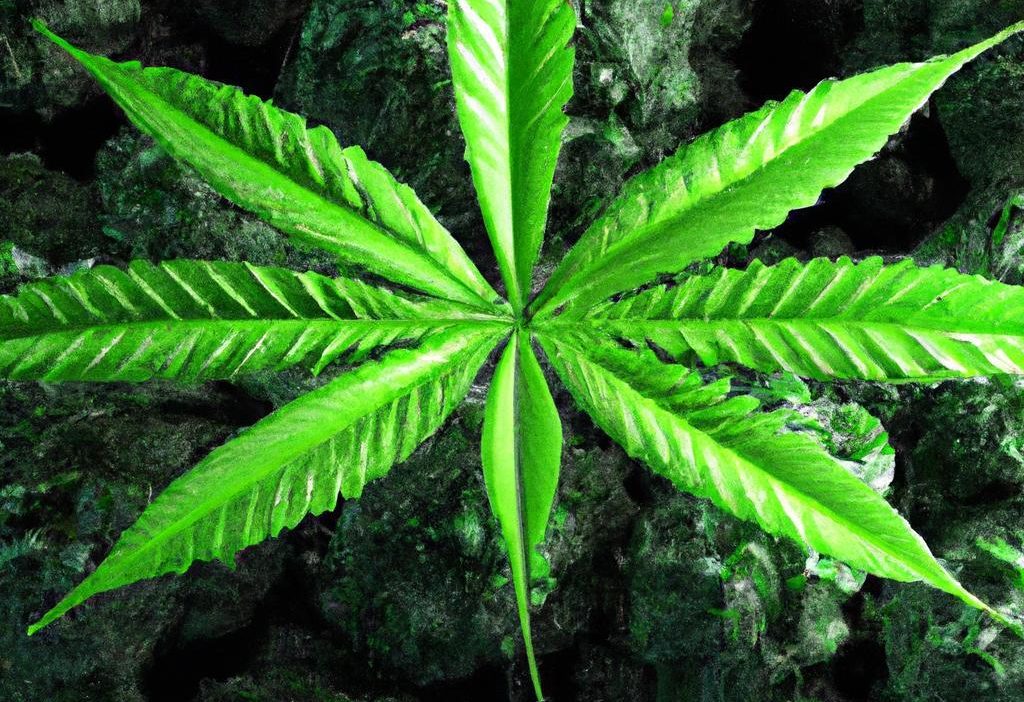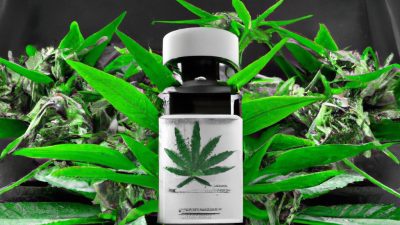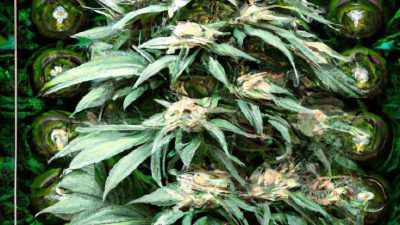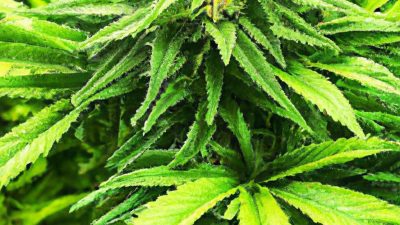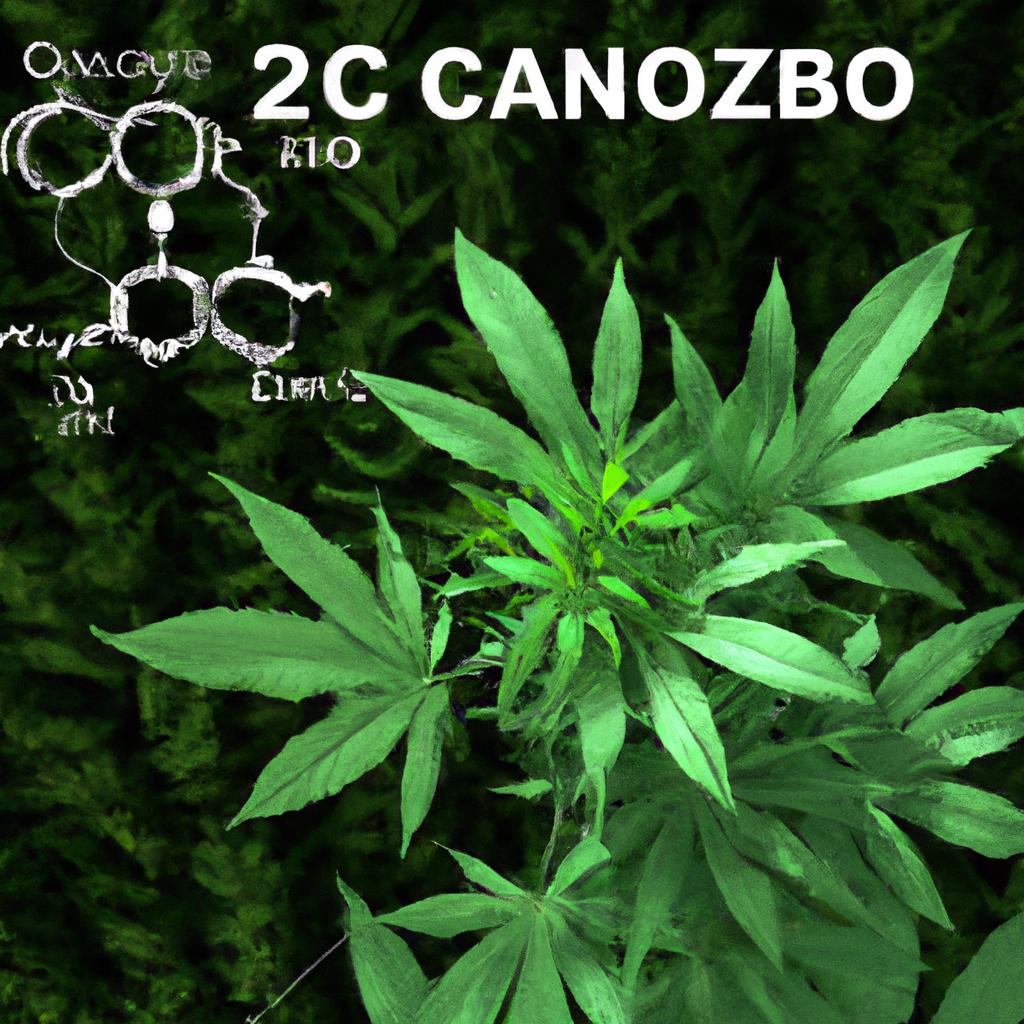
CO₂ Extraction in Cannabis: Pros, Cons, and innovations
The booming cannabis industry is propelled not only by evolving legislation but also by cutting-edge cannabis processing technology. One of the most important post-processing steps involves extracting valuable cannabinoids and terpenes from the cannabis plant. Among various extraction methods, CO₂ (carbon dioxide) extraction has emerged as a leading technique, praised for its efficiency and purity. In this article, we dive deep into CO₂ extraction’s role in cannabis science, explore its advantages and limitations, and highlight exciting innovations shaping the future of cannabis concentrates.
Understanding CO₂ Extraction in Cannabis
CO₂ extraction leverages carbon dioxide in its supercritical or subcritical phase to isolate cannabinoids,terpenes,and other desirable compounds from cannabis biomass. Unlike traditional solvent-based methods (ethanol or butane), CO₂ extraction uses pressurized carbon dioxide, which behaves like both a gas and a liquid, penetrating plant material to dissolve target phytochemicals without leaving contaminant residues.
How CO₂ Extraction Works
- Supercritical CO₂: CO₂ is pressurized and heated beyond its critical point to become supercritical, meaning it has unique solvent properties that efficiently extract oils.
- Subcritical CO₂: Operates at lower pressure and temperature,gentler on terpenes,yielding flavorful extracts but with lower efficiency.
- Extracted oil is then separated from CO₂ gas, which is recycled back into the system for sustainability.
- Post-processing such as winterization, filtration, and distillation may follow to refine the concentrate further.
Pros of CO₂ Extraction in Cannabis
CO₂ extraction stands out as it balances safety, quality, and environmental sustainability, making it the preferred choice for many cannabis processors.
- purity and Safety: CO₂ is non-toxic, non-flammable, and leaves no harmful solvent residues in the final product.
- selective Targeting: Operators can tune temperature and pressure to selectively extract cannabinoids, terpenes, or flavonoids.
- Preserves Terpenes and Cannabinoids: supercritical CO₂ preserves the delicate flavour and aromatic profiles crucial for premium cannabis concentrates.
- Environmentally Amiable: CO₂ is naturally occurring and recyclable within extraction equipment, reducing chemical waste.
- Reproducibility and Scalability: Modern CO₂ extraction machines offer consistent batch-to-batch results and are suitable for scaling production.
Cons of CO₂ Extraction in Cannabis
Despite its advantages,CO₂ extraction is not without limitations affecting some cannabis processors’ decisions.
- high Initial Investment: CO₂ extraction equipment involves notable capital expenditure, often tens or hundreds of thousands of dollars.
- complex Operation: Requires skilled technicians to optimize pressure and temperature parameters,monitor safety,and troubleshoot.
- Lower Yield on Some Compounds: Compared to solvents like butane, CO₂ may produce slightly lower cannabinoid yields in certain conditions.
- Longer Extraction Time: The extraction process can be slower then other methods, potentially limiting throughput without multiple systems.
- Subcritical Limitations: While better for terpene preservation, subcritical CO₂ extracts less efficiently overall.
Innovations Driving the Future of CO₂ Extraction in Cannabis
The cannabis science community and extraction equipment manufacturers are continuously pushing the boundaries of what CO₂ extraction can achieve. Here are some revolutionary advancements transforming the cannabis post processing landscape:
1. Hybrid Extraction Systems
Combining supercritical CO₂ with other extraction solvents (like ethanol) or sequential subcritical/supercritical stages enhances yield and terpene profiles, providing premium quality extracts at scale.
2. Advanced Process Control & Automation
New generation CO₂ extractors integrate AI-driven sensors and machine learning for real-time parameter adjustments, improving yield consistency and safety while reducing operator error.
3. Inline Winterization and Filtration
Innovative designs now incorporate inline equipment that automate winterization and filtration instantly post-extraction, speeding up time to market and reducing labor.
4. Nanoemulsion Technologies
CO₂-extracted cannabinoids are increasingly used with nanoemulsion processes, greatly improving the bioavailability and efficacy of cannabis products like tinctures and beverages.
5. Sustainable Energy Integration
Some CO₂ extraction operations integrate renewable energy sources (solar, wind) to reduce the carbon footprint of cannabis production – a key priority for eco-conscious brands.
How CO₂ Extraction Fits Into the Broader Cannabis Industry
In the wider context of cannabis, CO₂ extraction is a critical technology that bridges cultivation and product formulation. Here’s how it integrates:
| Cannabis industry Stage | Role of CO₂ Extraction | Keywords to Know |
|---|---|---|
| Cultivation | Supplies dried cannabis biomass suitable for extraction | cannabis biomass, drying, curing |
| Extraction & Processing | Isolates cannabinoids & terpenes, producing cannabis concentrates | CO₂ extraction, supercritical, concentrates, distillation |
| Formulation | Used to create oils, tinctures, edibles, and vape cartridges | nanoemulsion, bioavailability, cannabis oil |
| Quality Control & Testing | ensures purity, potency, and safety of CO₂-extracted products | potency testing, terpene profile, solvent residue analysis |
Practical Tips for Cannabis Processors Using CO₂ Extraction
- Choose the Right Machine Size: Match equipment capabilities with your production scale to optimize ROI.
- Train operators Thoroughly: Understanding supercritical CO₂ dynamics and safety protocols is essential for smooth operation.
- Source Quality Biomass: The purity and cannabinoid content of extracts depend heavily on the starting material.
- Use Sequential Extraction: Consider starting with subcritical for terpene preservation, then supercritical for cannabinoid extraction.
- Maintain Your Equipment: Regular cleaning and preventive maintenance extend lifespan and preserve extraction efficiency.
Conclusion
CO₂ extraction has solidified its place as a cornerstone of modern cannabis processing technology. It offers a potent blend of safety, purity, and environmental obligation, aligning perfectly with industry trends toward high-quality, clean-label cannabis products. While the initial investment and operational complexity may seem daunting, innovations in automation, hybrid extraction methods, and sustainability initiatives are making CO₂ extraction more accessible and effective than ever before.
For cannabis entrepreneurs and processors aiming to produce premium concentrates with consistent cannabinoid and terpene profiles, embracing CO₂ extraction is a forward-thinking move. As the cannabis sector grows, staying informed on extraction technologies like CO₂ will be key to maintaining a competitive edge and delivering exceptional products to consumers worldwide.


